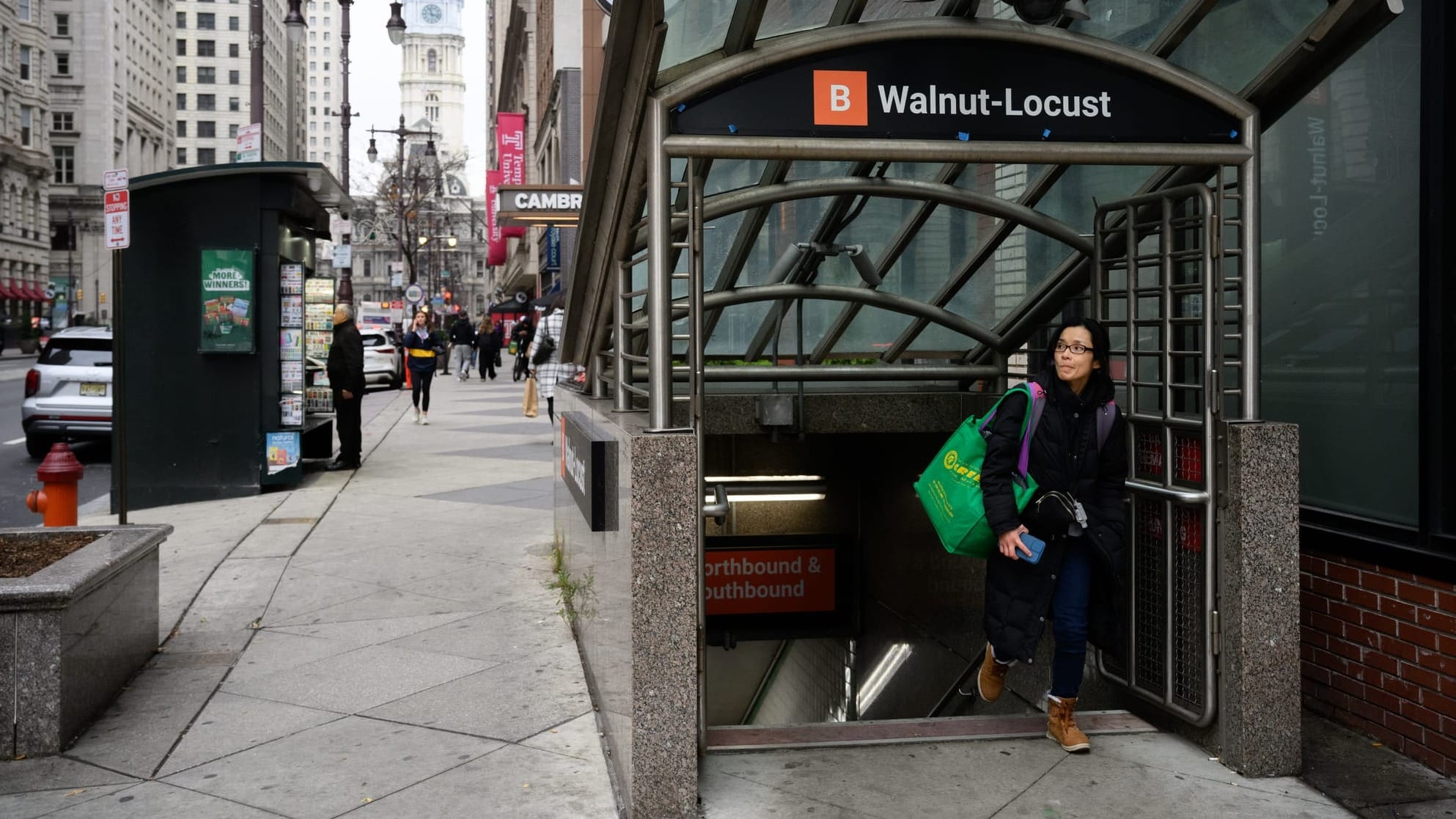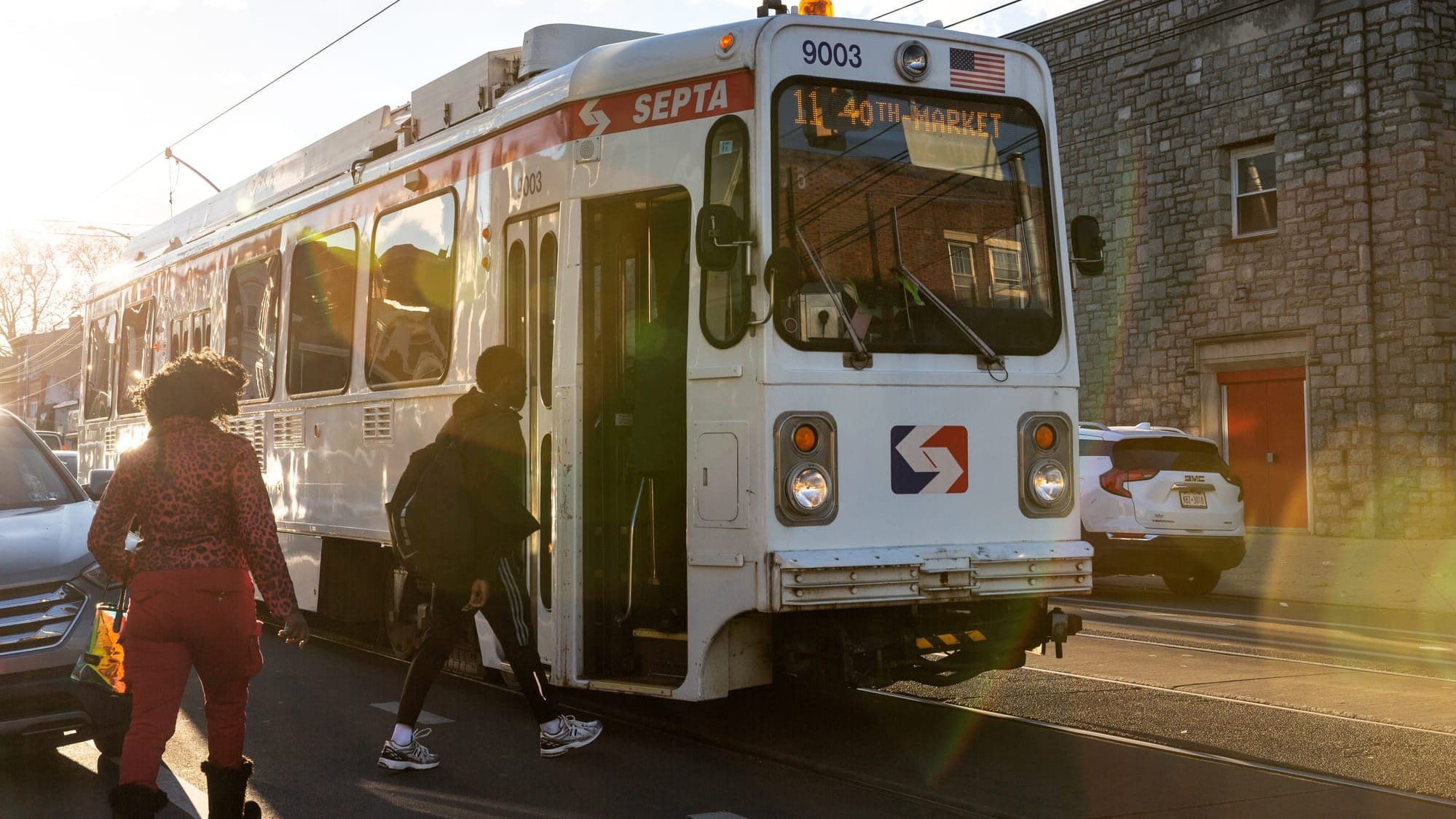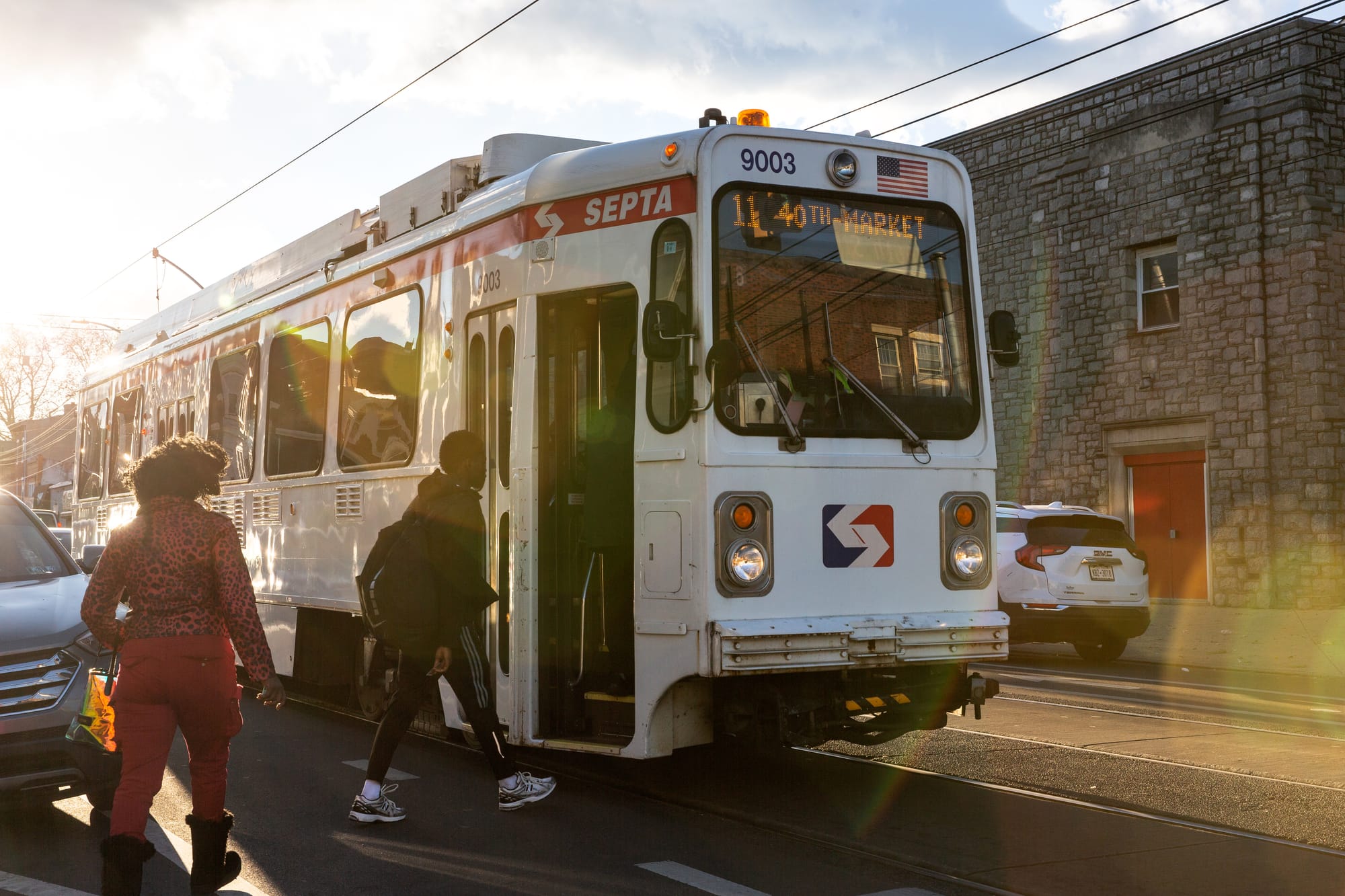0:00
/1:06
We’re a news organization that’s making room, making noise, and making ways for Black Philadelphia.


Here are seven gems we found riding the subway.


Fabrics, fashion, books, beads and more. Here's why the T4, still known to many as the 11, as the perfect route to pull together a holiday care package.

We became an independent newsroom six months ago. Here's an overview of where we hope to go from here.

A lot is going on the world. Grief coach Naila Francis contributed this meditation to invite a moment to pause.